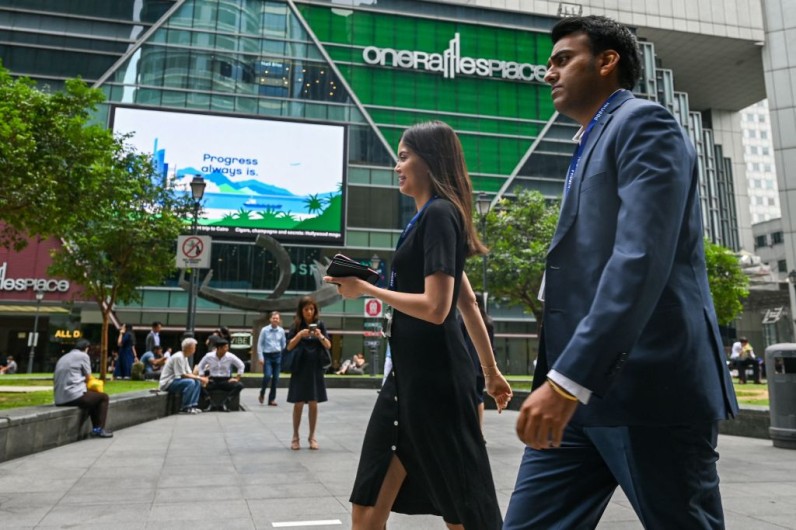Starting in December, all Singaporean companies must establish a system via which employees may formally seek flexible work arrangements under the new tripartite guidelines.
Within two months of requesting flexible work arrangements, businesses must convey their decision under the new rules.
Employers may refuse such requests but should have valid business reasons like cost or productivity. The guidelines specify the parameters within which requests might be rejected without good justification.
The goal is to make it simpler for workers to ask for more flexible work arrangements while recognizing that employers should have the last say.

Singapore's Aging Workforce and Tight Labor Market
According to Channel News Asia, the government issued the new guidelines on Monday, Apr. 15, after accepting all of a tripartite workgroup's suggestions eight months after it was formed to study flexible employment arrangements.
Minister of State for Manpower Gan Siow Huang explained the necessity of the guidelines, citing Singapore's tight labor market and aging population, with more individuals becoming caregivers. At a kickoff ceremony, she claimed flexible work arrangements would enable more caregivers and the elderly to work.
Gan is one of the heads that led the tripartite workgroup. The workgroup interviewed corporations, trade groups, and unions. Other community organizations focused on women, fathers, and seniors were also approached.
Flexible Work Arrangements
All businesses and workers who have completed probation must comply with the regulations once they go into force on Dec. 1.
The guidelines list three flexible work arrangements:
- "Flexi-place" allows individuals to work remotely. This covers telecommuting and home-based jobs.
- "Flexi-time" allows employees to work at various times without affecting their workload. This includes staggered hours, flexible shifts, and a reduced workweek.
- "Flexi-load" agreements where workers are paid for diverse tasks. This covers part-time and job-sharing.
The workgroup said the rules only include formal requests for long-term, flexible work arrangements that demand business continuity planning. Informal requests like coming to work later one day are not covered.







Join the Conversation